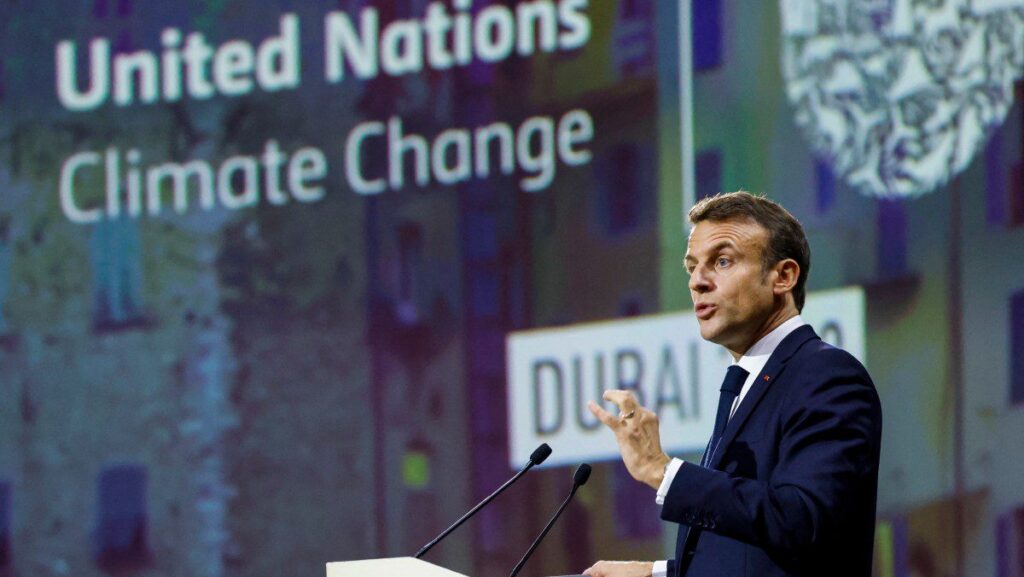
“Nuclear energy is back,” Emmanuel Macron declared.
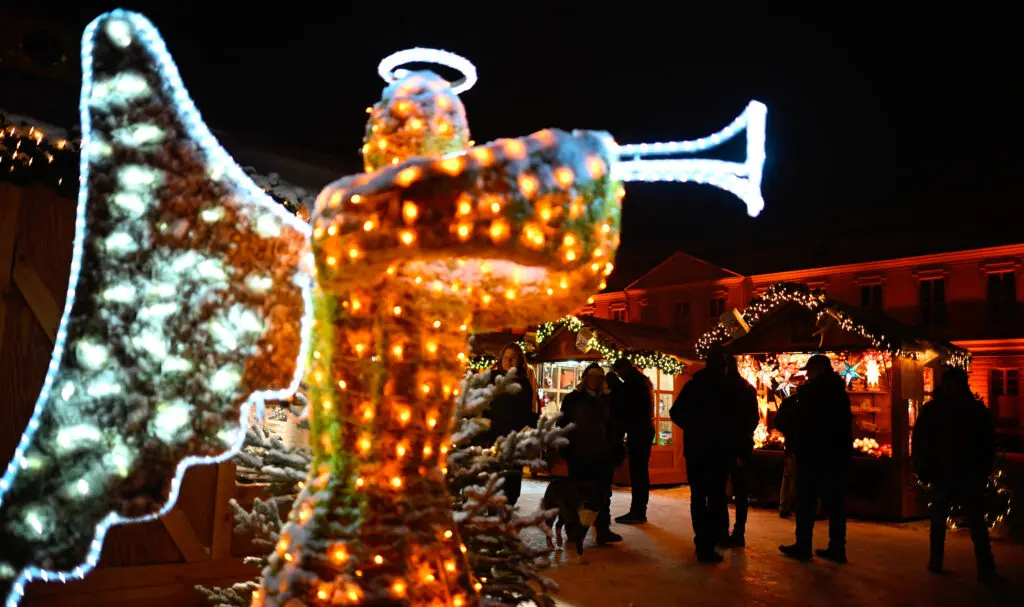
Jihadist attacks in Hanover and North Rhine-Westphalia were at an advanced stage of planning.
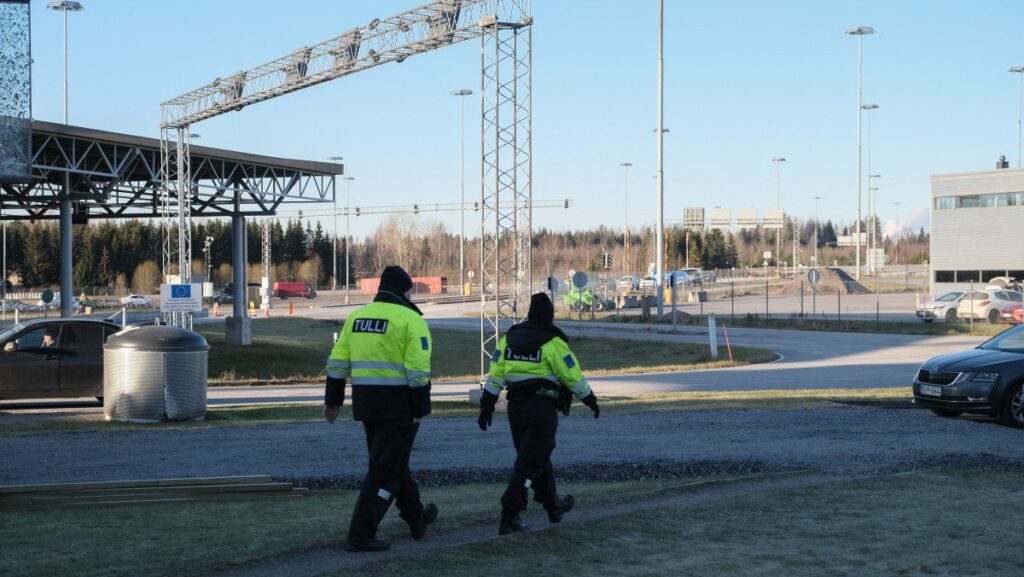
Finland says it has made no requests for border control assistance from Poland.
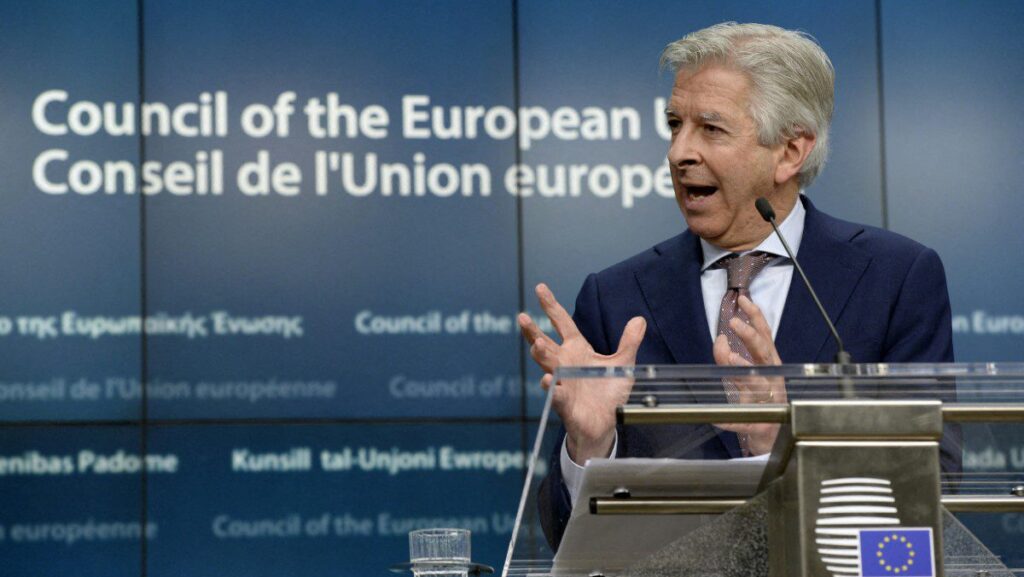
To no one’s surprise, the two largest conservative parties are resisting forming a cabinet with Geert Wilders’ eurosceptic PVV party.
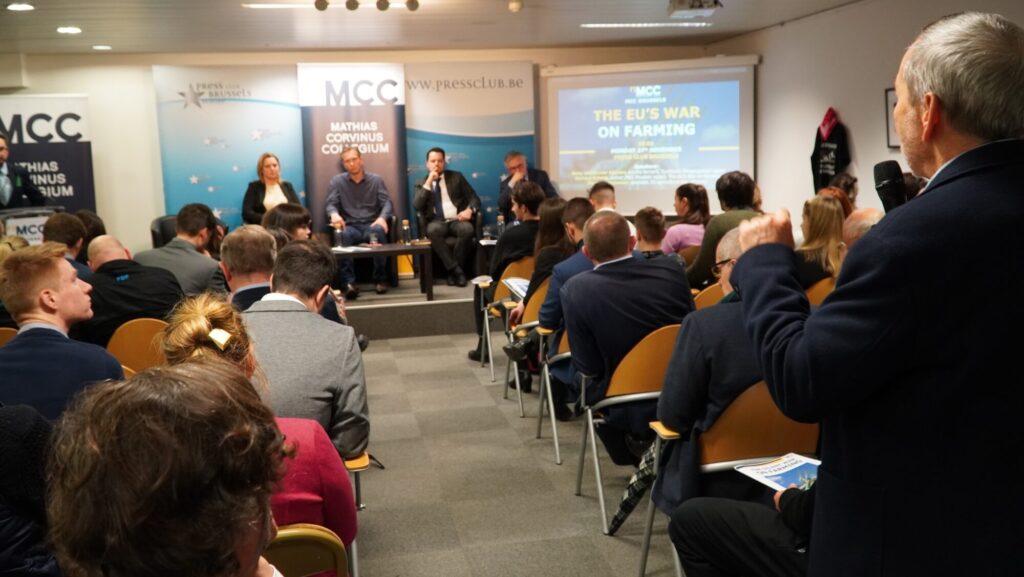
The EU’s increasingly stringent environmental laws, already responsible for putting many farmers out of business, is something all should worry about if we value easy access to affordable food.

The coalition formation talks are expected to be longer and more arduous than what is common even in Dutch politics.
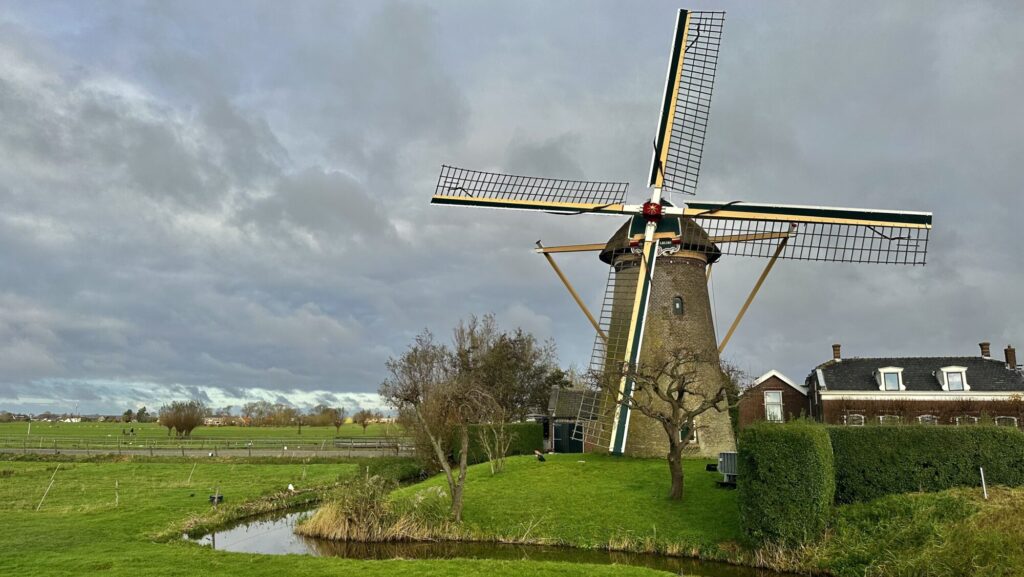
Following the elections, it will take some time for a new coalition government to be formed; until then, farmers ask for clarity from their leaders and, above all, hope for the future.
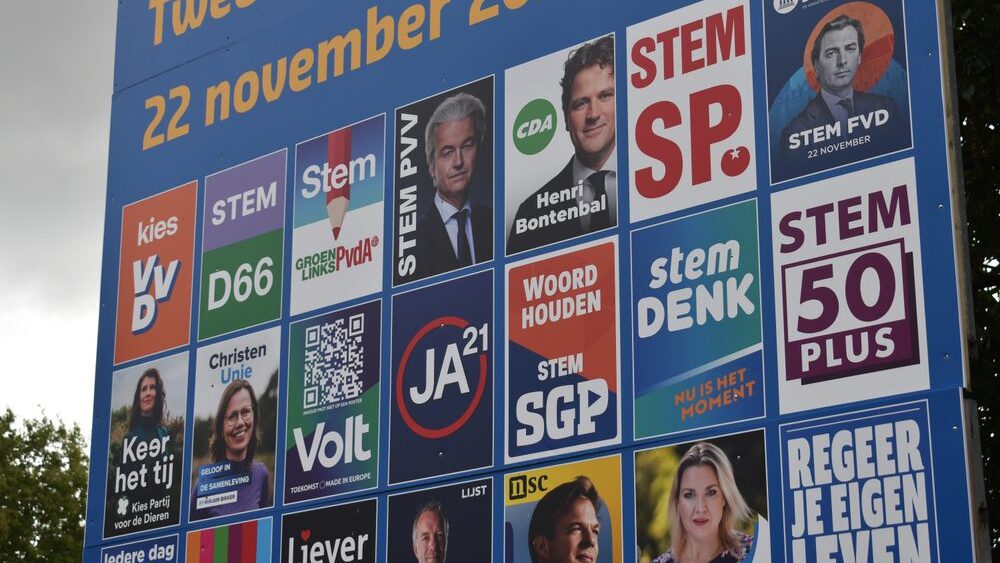
With Mark Rutte quitting after 13 years as PM, and the rise of new parties, the question on everyone’s lips is what the Netherlands will look like after November 22nd.
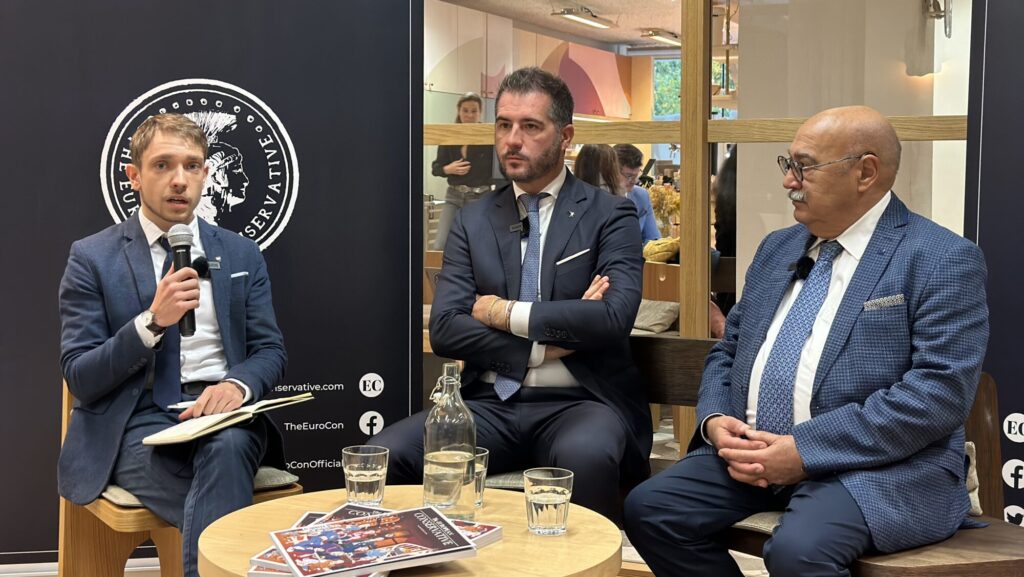
The EU Commission no longer heeds science and has ditched any inkling of pragmatism, the panelists warned.

“From the river to the sea, Palestine will be free” would be put in the same category as the swastika and other Nazi symbols.
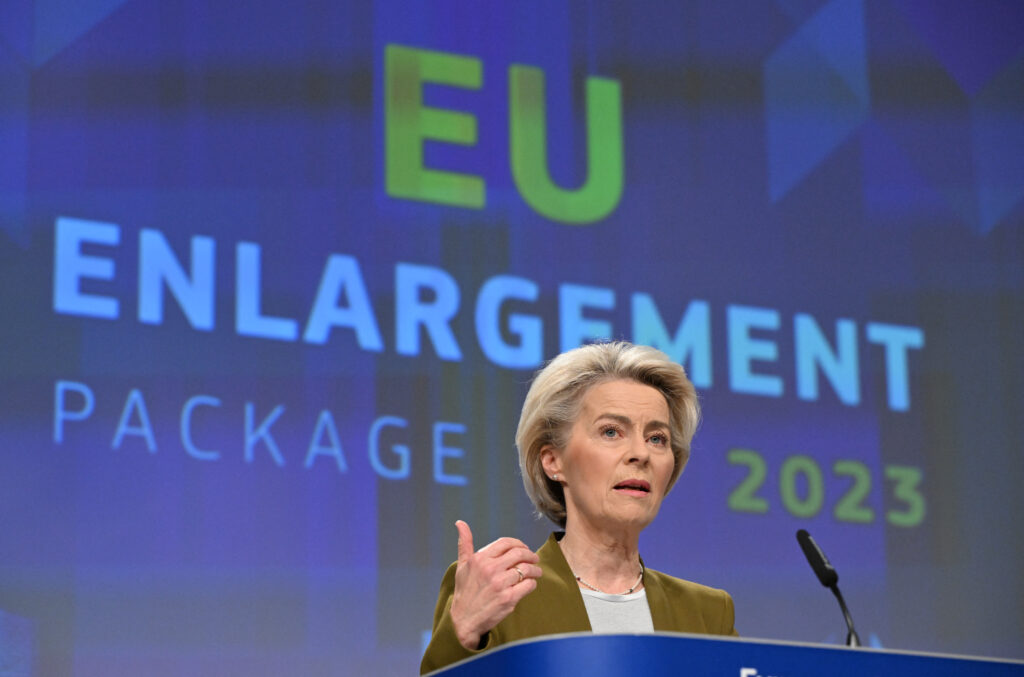
The accession invitation comes despite Ukraine cancelling elections while it fights its war against Russia.
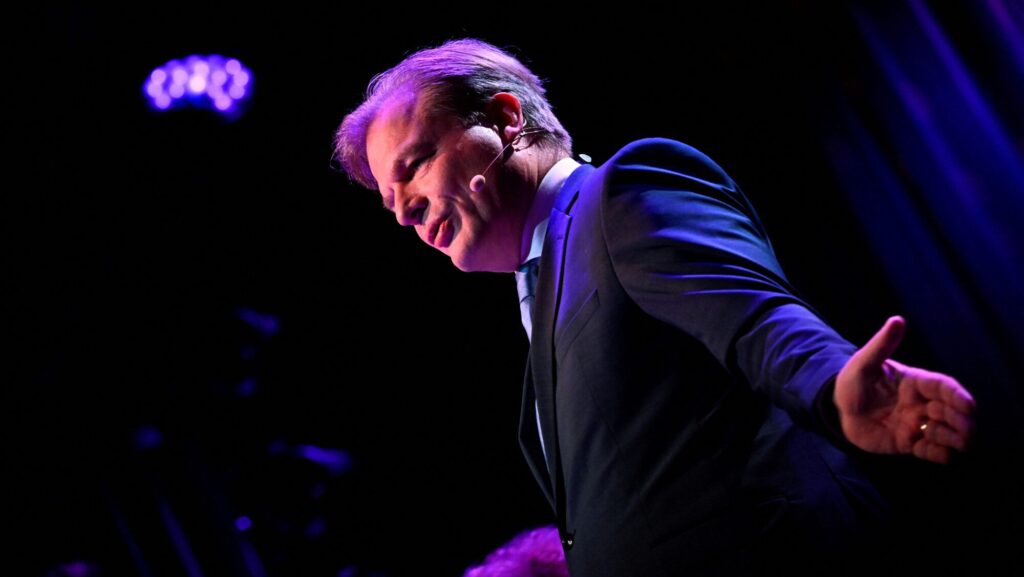
While a majority of those surveyed see no issue, Pieter Omtzigt, the leader of the upstart NSC party leading the polls, does not want that coalition to include Geert Wilders’ PVV party, currently polling fourth.